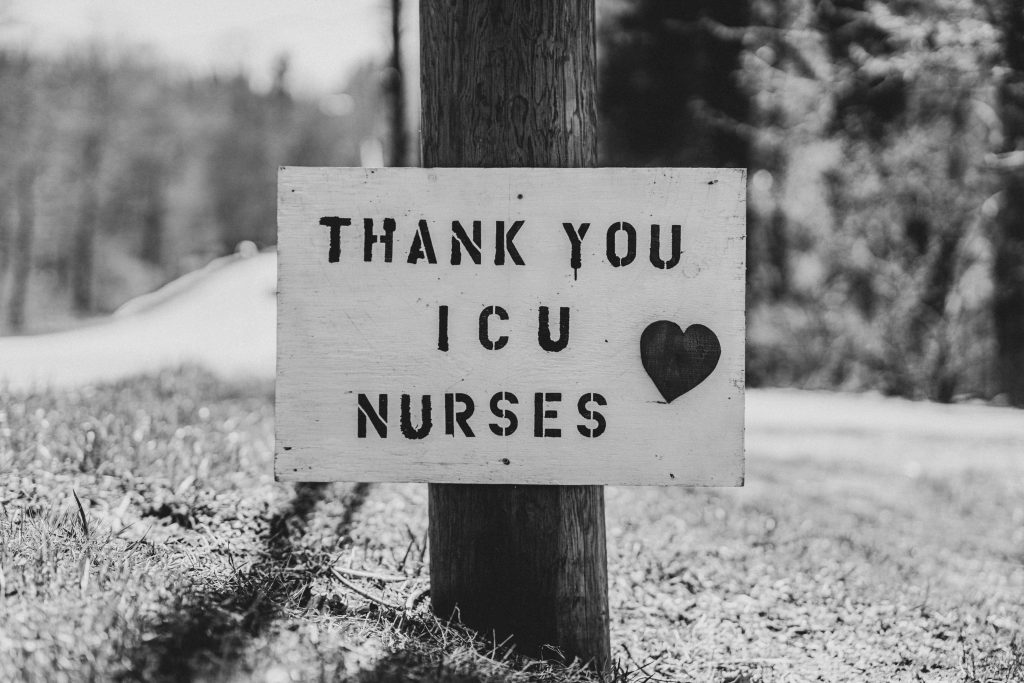After years of cuts to overseas aid, the federal government recently added $1.1bn in new money for our neighbours in need of help. This was in response to the “End Covid For All” campaign that I have been a part of which essentially declared that our borders may be shut but our hearts are not.
Federal ministers whom I visited in Canberra expressed their surprise that they got almost no pushback from the move. I suggested it might be because Australians are feeling gratitude knowing when it comes to the virus we largely dodged a bullet compared to other countries. They do not begrudge helping our south-east Asian and Pacific neighbours with fragile health systems. After all it does not end for any of us until it ends for all of us.
As we pull the shutters down on what has been a fairly horrendous 2020 we are left to ask, has this year taught us anything that would mark a permanent change? There are lots of answers that are hopeful. We speak of new respect for essential workers and commit to never again taking them for granted. We now apparently trust medical scientists. Prior to 2020 who even knew we had chief medical officers, let alone their names? We marvel at the level of trust enjoyed by our political leaders. Not many of us would have predicted that in February after the bushfires.

But I believe something even bigger may have changed – a deepening of our ethics. I think Covid-19 has moved us to understand the need for more “we” and less “I”. Ethics is essentially about the duties we owe to others. What is the common good and public benefit? To live an ethical life I must ask what am I contributing? We discovered through Covid-19 that it is interdependence that really matters. All of us are biologically connected by an invisible virus and all of us are vulnerable if we do not act together.
I think this is a lesson that may change us. Over the last 200 years we in the west have eaten the fruit of a liberalism that grounds sovereignty in the individual, not the group – whether church, tribe or nation. Much has been gained in liberating individuals from creeds and taboos that defined them. But is has also lessened the sense of community and exalted the individual. Election pitches typically cater to the self-interest of the individual, not the common good. Think climate change and our entwined common threat.
As politics and markets have prioritised the individual, it is the third foundation for a good society beyond the state and the market that has been floundering. We call this the community sector where we form families, join communities, support charities and pursue recreational interests. This is the common good glue where we voluntarily give and serve. We often bond around communal activities such as sport, arts or religion. Humans need a sense of tribe with its obligations and duties towards others that cannot be satisfied by only individual autonomy or freedom. We long for the “we” not just an “I”. As Mother Theresa put it, “The most terrible poverty is loneliness.”
Covid 19 has reminded us that we have duties to care for our neighbours. In lockdown we rediscovered those neighbours. This has been called the kindness pandemic as we tried to express locally that we are all in this together. And because our homeless people are biologically connected to us we discovered that they could be housed in hotels. Overnight a insoluble social problem had an interim solution. In Victoria premier Daniel Andrews announced a $5.3bn package for social housing. In a state where social housing is less than 5% of all housing stock (that is why we have so many homeless) we found, thanks to Covid-19, a permanent solution.
As a 65-year-old I feel incredibly grateful to young Australians for being so compliant and considerate.
At the federal level the cruel Newstart rate of $40 a day was increased with jobseeker. Somehow that was politically impossible before the advent of the virus.
As a 65-year-old I feel incredibly grateful to young Australians for being so compliant and considerate. They had the most to lose from lockdown given their demographic was the least at risk from health complications and their job security was the worst. I and my generation owe them for their sacrifice. Yes, there were a few maskless libertarians marching, flouting the rules and crying “my freedom” and “my independence”, but the shared sacrifice and courtesy for the elderly was an ethical triumph.
This Christmas I ponder the all-powerful invulnerable divinity becoming a helpless vulnerable baby. This act of solidarity sustains and promotes the notion of our spiritual interdependence. I have welcomed the ethical solidarity this pandemic has brought us. I hope and pray it is a lasting perspective in how we live together.
Tim Costello is a senior fellow at the Centre for Public Christianity.
This article first appeared in The Guardian Australia.


